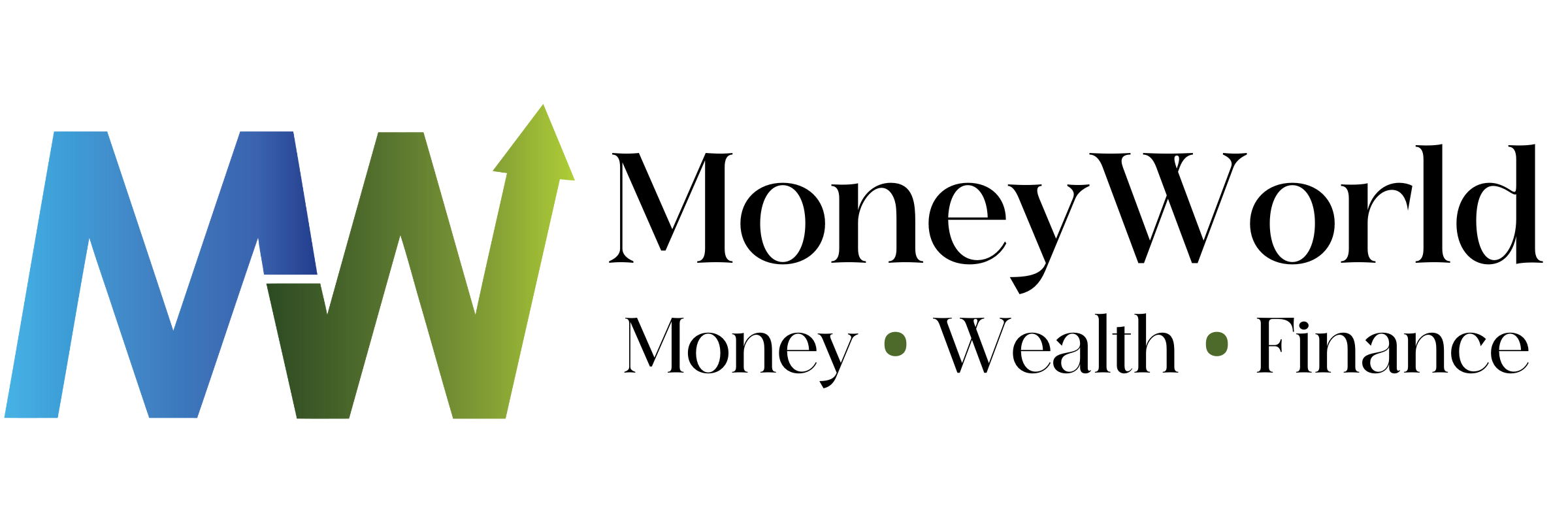10 tips for effective credit card management
Effective Credit Card Management Made Simple
Managing credit cards well isn’t something everyone naturally does. However, the good news is that learning to manage them effectively is quite straightforward once you understand the basics. Whether you’re new to credit cards or have some experience, here are ten tips to help you develop and improve your credit habits.
Top 10 Credit Card Management Tips
- Prioritize Paying on Time: Always make your payments by the due date. This helps build a positive payment history. Conversely, missing a payment can lead to late fees and harm your credit score since credit card companies report late payments to credit bureaus.
- Pay More Than the Minimum Each Month: Paying only the minimum covers interest and a small part of your balance. However, this can cause your debt to grow due to accumulating interest. Instead, aim to pay off your entire balance each month to avoid interest charges.
- Create a Budget and Stick to It: Establishing a budget is crucial for financial health. It doesn’t need to be complicated. Simply calculate your income, bills, savings, and spending. A clear budget shows you how much you can spend based on your earnings. If you need assistance, use a budgeting worksheet or app to get started.
- Review Your Credit Card Statement: Regularly check your statements for any errors or unauthorized charges. This practice helps you stay aware of your spending habits and ensures there are no mistakes that could affect your credit score.
- Develop Good Spending Habits: Be mindful of your purchases. Avoid impulse buying and ensure that your spending aligns with your budget. Good spending habits prevent unnecessary debt and keep your finances in check.
- Review Your Credit Report: Periodically examine your credit report to ensure all information is accurate. Correcting any errors promptly can help maintain a healthy credit score and prevent potential issues.
- Maintain a Low Credit Utilization Ratio: Aim to use only a small portion of your available credit. A low credit utilization ratio positively impacts your credit score, showing that you manage credit responsibly.
- Use Cash Back or Rewards Wisely: Take advantage of rewards programs, but don’t overspend to earn points. Use your rewards to benefit your financial situation, such as paying down debt or saving for future goals.
- Consolidate Debt: If you have multiple credit card debts, consider consolidating them into one loan with a lower interest rate. This simplifies payments and can reduce the amount of interest you pay over time.
- Create an Emergency Fund: Having savings set aside for unexpected expenses can prevent you from relying on credit cards during emergencies. This fund provides financial security and reduces the risk of accumulating debt.

How to Manage Your Credit Card Effectively
Credit cards are considered unsecured debt, which means they’re not backed by collateral. Many people mistakenly view them as “free” money, but this isn’t true. Each month, you have a bill to pay, and your balance can grow with interest and fees if not managed properly. Effective credit card management involves daily and monthly actions, as well as occasional steps to improve your financial health.
By prioritizing timely payments, paying more than the minimum, and sticking to a budget, you can maintain control over your credit cards. Additionally, regularly reviewing statements and credit reports helps you stay informed and catch any issues early. Maintaining a low credit utilization ratio and using rewards wisely further enhance your credit management. If needed, consolidating debt can simplify your finances, and having an emergency fund ensures you’re prepared for unexpected costs without relying on credit.
In summary, managing credit cards effectively is achievable by following these simple tips. With consistent effort and mindful spending, you can build a strong credit history, avoid debt, and improve your overall financial well-being.






